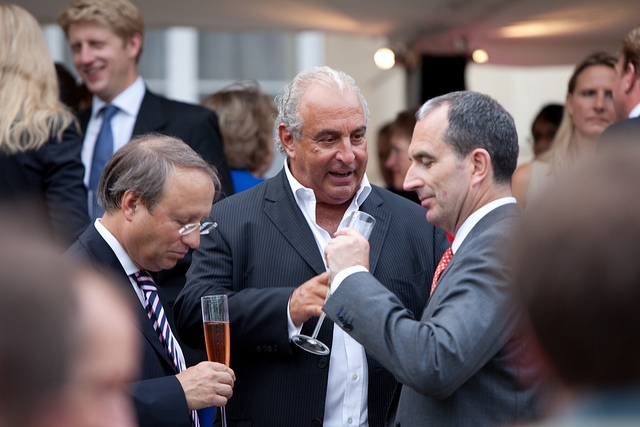Sir Philip Green and Morality in Capitalism
Sir Philip Green, who sold BHS for £1 in March 2015, has been branded the “unacceptable face of capitalism”. The reason: according to MPs, Sir Philip, Dominic Chappell, and others subjected BHS to a “systematic plunder” that led to the company’s collapse; in April, the company went into administration, leaving a £571m pension deficit. All remaining stores will close in August.
So were Sir Philip’s actions wrong? And does morality have any place in capitalism?

When it comes down to it, Sir Philip Green acted within the law. It may very well be the case that Sir Philip accrued more that £300m in dividends in the first few years after he took over BHS. It may also be the case that he paid little tax on this money. And it may be true that he failed to invest adequately in the company and to address the deficit in the pension fund. But none of this is illegal.
Any criticism levied against Sir Philip, then, can only be based on moral values. Indeed, the MPs' report concludes by saying that: “Sir Philip owes it to the BHS pensioners to find a resolution urgently. This will undoubtedly require him to make a large financial contribution. He has a moral duty to act, a duty which he acknowledges.”
We live in a world in which fantastic wealth is celebrated. And with so much to play for, those pursuing such wealth will often bend or break every rule they can if it means getting there more quickly. For most of us, I think, that much is taken for granted; news stories focussing on the environmental costs of irresponsible capitalism, the bankers’ role in the 2007-08 financial crisis, and the huge levels of tax evasion we see today, for example, all serve to reinforce this idea.
It’s no secret, then, that people sometimes do bad things in the name of capitalism, which makes one wonder why people are so surprised at Sir Philip’s recent actions.
Perhaps it’s the knighthood. After all, British honours are awarded on merit or for exceptional achievement or service – and one would expect such individuals to be relatively wholesome. Still, most of us will remember seeing Fred Goodwin stripped of his knighthood a few years ago, as well as the 2006-07 cash for honours scandal, which should have put these ideas to bed.
Sir Philip has the money to put things right, and he has acknowledged that he has a duty to put things right. Still, it doesn’t surprise me that (as of today) he hasn’t. And it wouldn’t surprise me that much if he never did. After all, Sir Philip plays to win: £571m is a lot of money to lose, and today’s news cycles are pretty short.
The truth is, although morality should have a place in capitalism, many of us have seen enough scandals to know that often it doesn’t. Sir Philip may be the unacceptable face of capitalism. But he is hardly alone.
What do you think of Sir Philip’s recent actions? And should morality have a place in capitalism?
Email us your thoughts.
